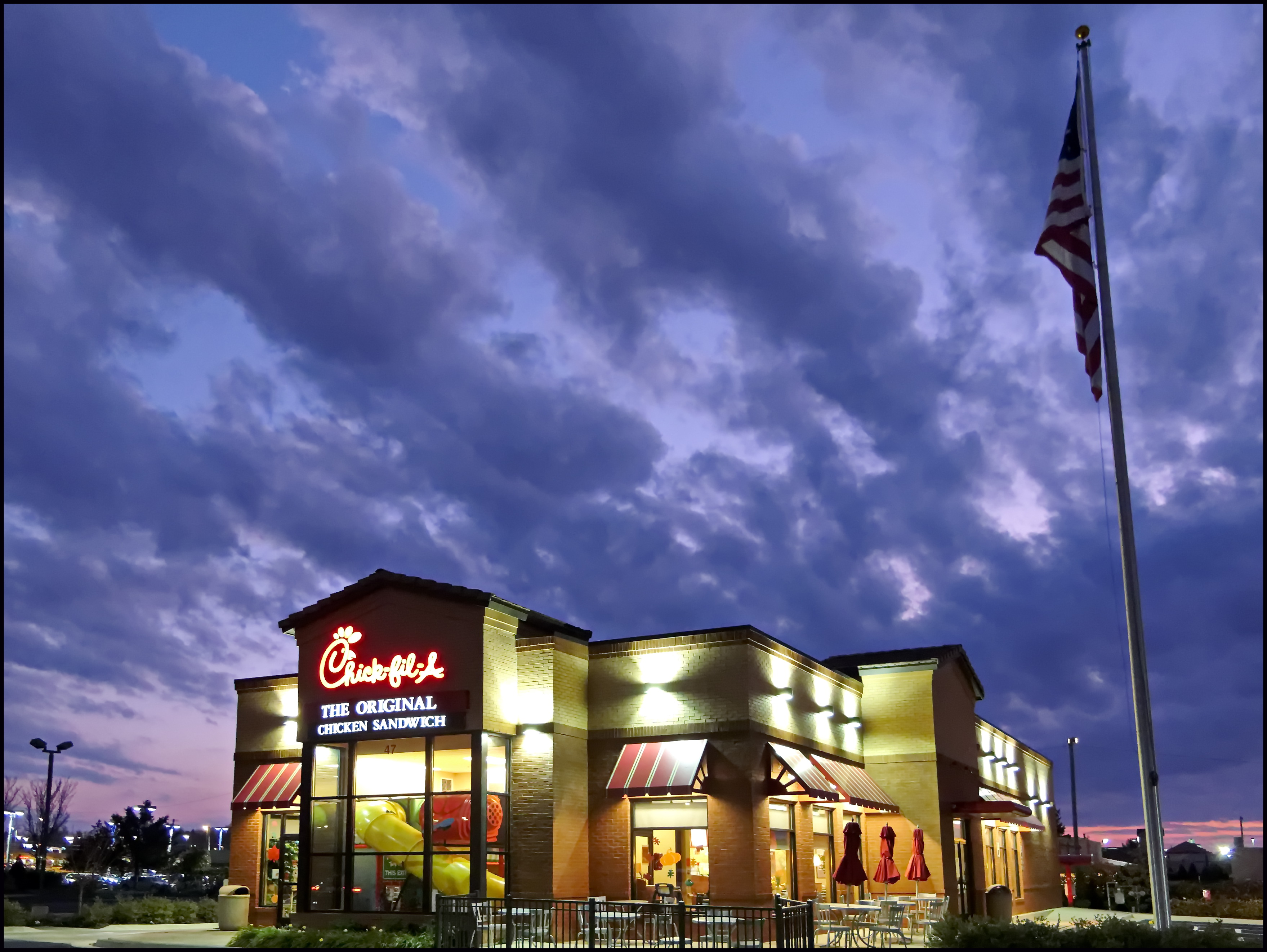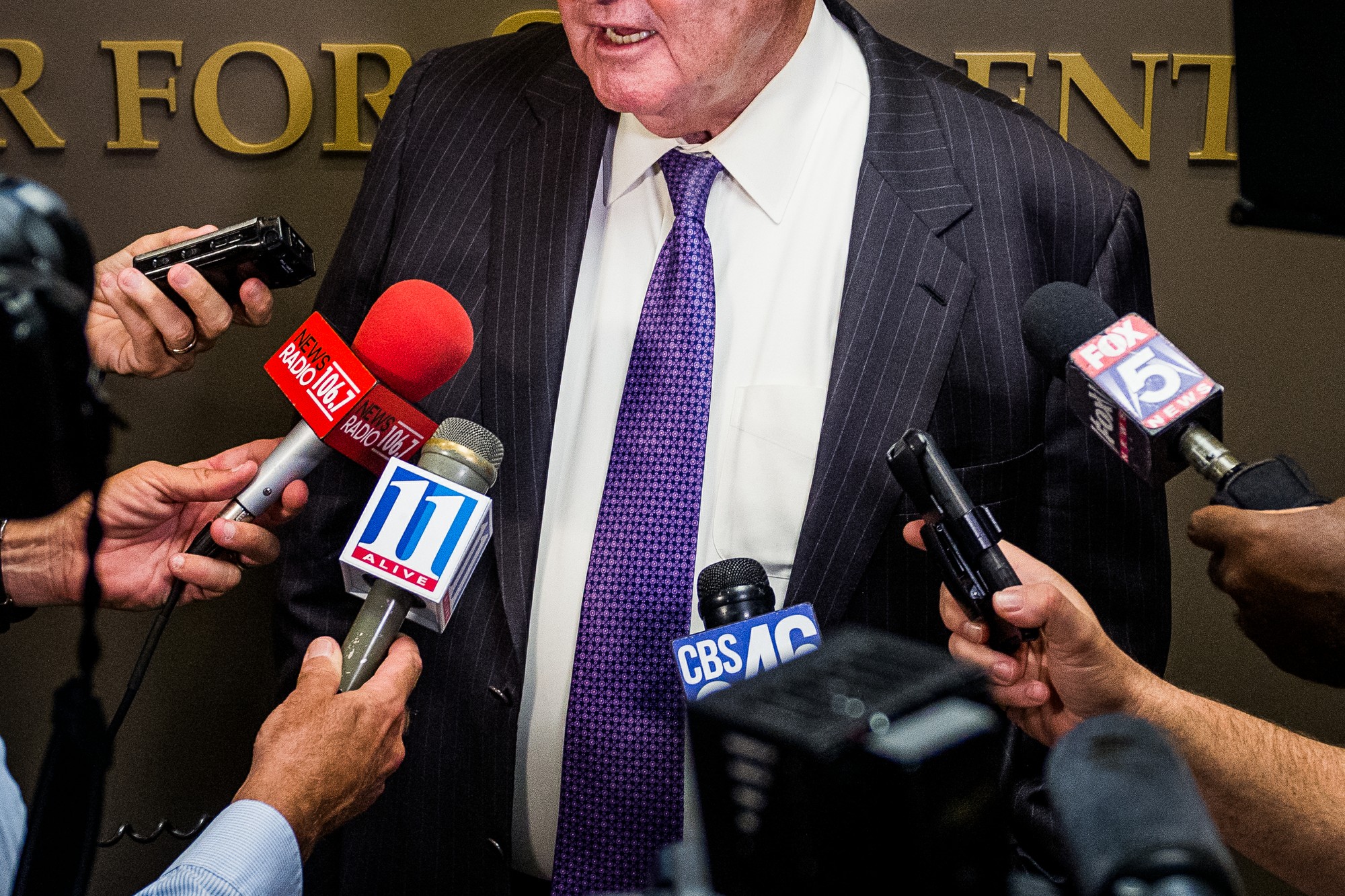As June continues, more store aisles resemble rainbows and adorn themselves in brightly colored, prideful merchandise. However, companies who do not support the LGBTQ+ community, yet still sell Pride products, are stealing funds intended to fight for equality and using them to further discrimination.
The most obvious problem with such a practice is hypocrisy. While this is a flaw that unfortunately matters less and less to the general public, it is still worth evaluating. Companies such as grocery chain Publix will gladly sell a cake decorated with the rainbow flag, all while maintaining a culture of discrimination against LGBTQ+ employees. There are many distressing stories of gay employees being denied promotions or basic employee benefits simply due to their sexuality.
Another major concern is diverting business away from retailers who do support equality for LGBTQ+ people. If someone purchases a pride-related item from a company who actively supports anti-LGBTQ+ policies, their money is now being used to fund the damaging beliefs that Pride exists to combat.
Perhaps the most disturbing example comes from charities, specifically the Salvation Army. One might expect a charity to be charitable to all, but this is not always the case.
In 2012, Andrew Craibe, a Salvation Army media relations director, was confronted on public radio about the charity’s support of anti-equality policies. The Salvation Army’s handbook cites Romans 1:18-32 as its reasoning, a biblical passage which states that it is God’s decree that gay men “deserve to die.” Craibe simply responded, “well, that’s a part of our belief system.”
During Pride Month, many may want to donate to charities, considering that LGBTQ Americans are more vulnerable to poverty. While the Salvation Army’s reputation of despicable beliefs may precede them, they claim to support the LGBTQ+ community, throwing out alarming statistics while happily taking donations. Meanwhile, they actively oppose any progress towards equality by lobbying for discriminatory policies around the world.
There is a conflict that arises from the proposed boycotts of these companies, however. In many places, especially the American south, there may be few or no retailers who do not practice discrimination.
“It’s messy,” junior political science major April Friedman said. “I think those companies are morally reprehensible and downright evil, but I also don’t want to harm LGBTQ folks who might not have other options. I don’t want to accuse people of being complicit in their own discrimination.”
It is important to remember that consumers who purchase Pride products or donate to these organizations are not doing anything wrong. More often than not, they probably do not know that the money they spent on pride products will be used to further anti-LGBTQ+ policies.
With a few exceptions like Chick-fil-A, it is rarely common knowledge what the political actions of companies are. Deceitful marketing of Pride products by anti-LGBTQ+ companies is a problem with those companies, not their customers.
For those who do wish to know which companies support equality and which do not, the Human Rights Campaign compiled a report of 1,028 American companies and scored them based on equality and inclusion. A quick search for a company name will reveal whether or not they truly believe in the message of Pride.
Pride Month exists as a monument to the struggles of the LGBTQ+ community to be recognized as human beings with equal rights. Companies who prefer the discriminatory attitudes of the past have no business conducting business related to Pride.


